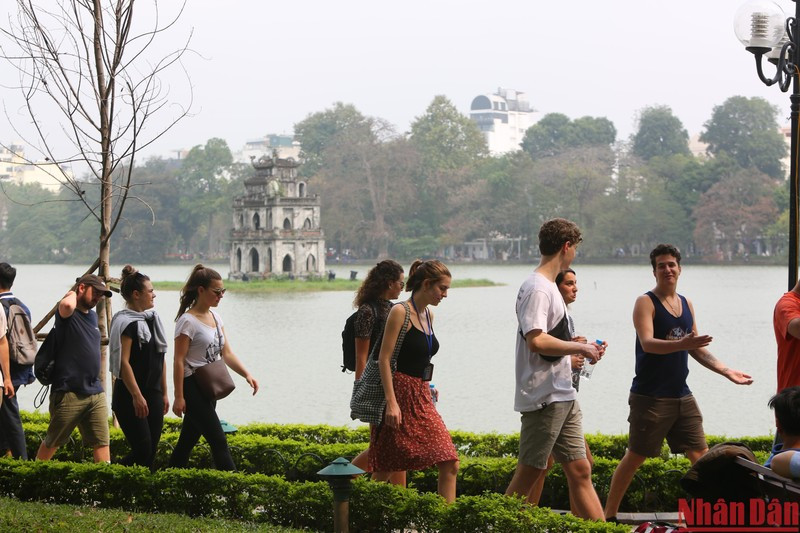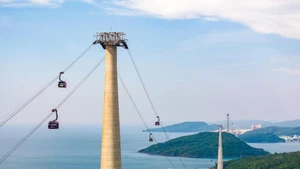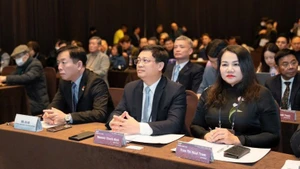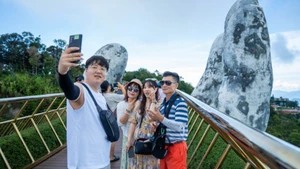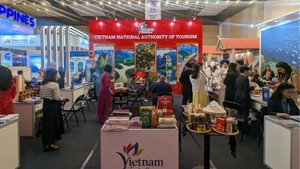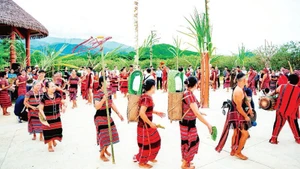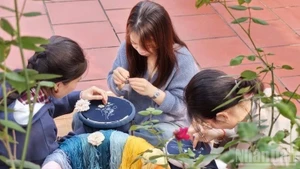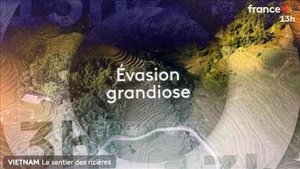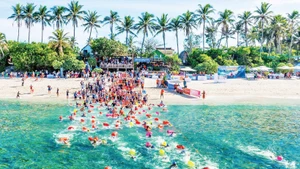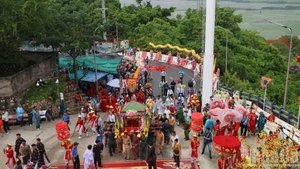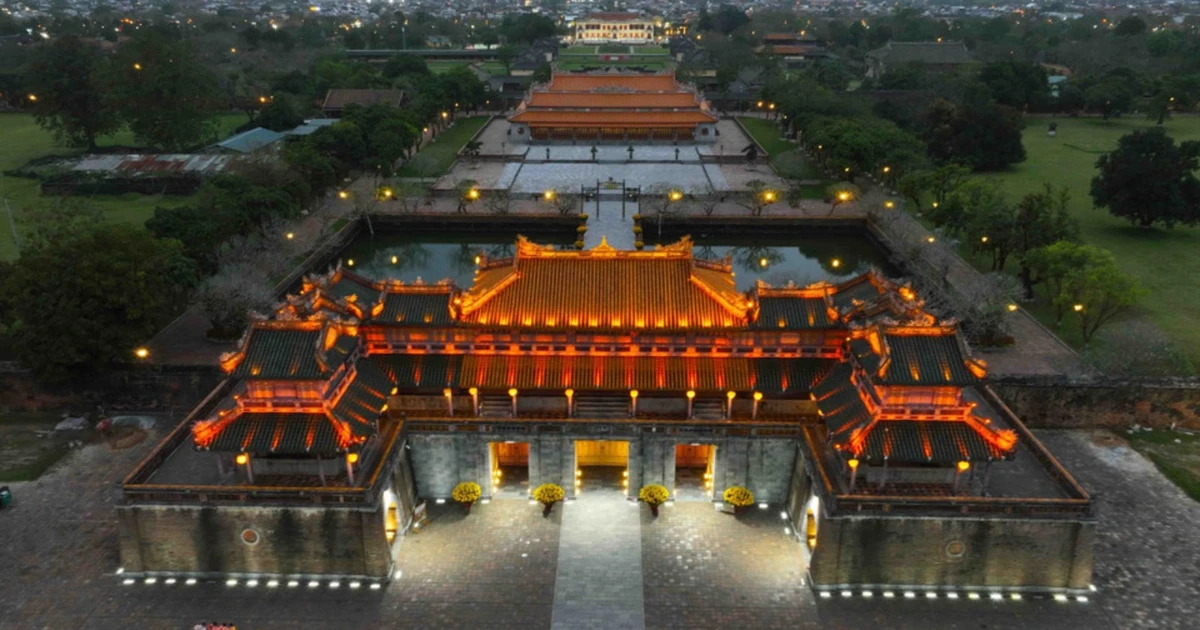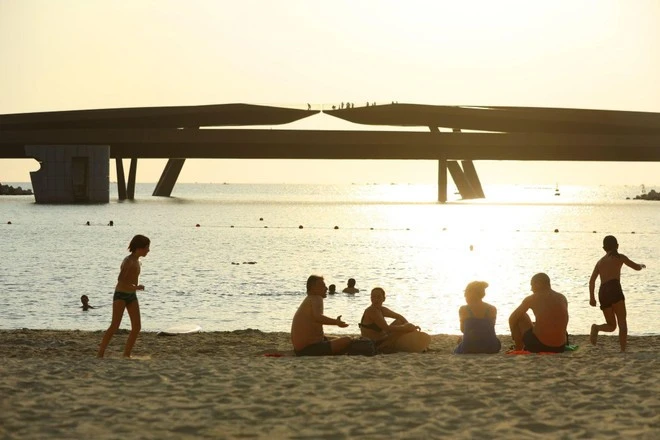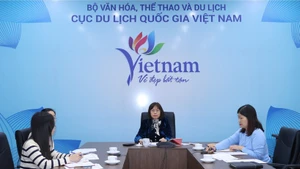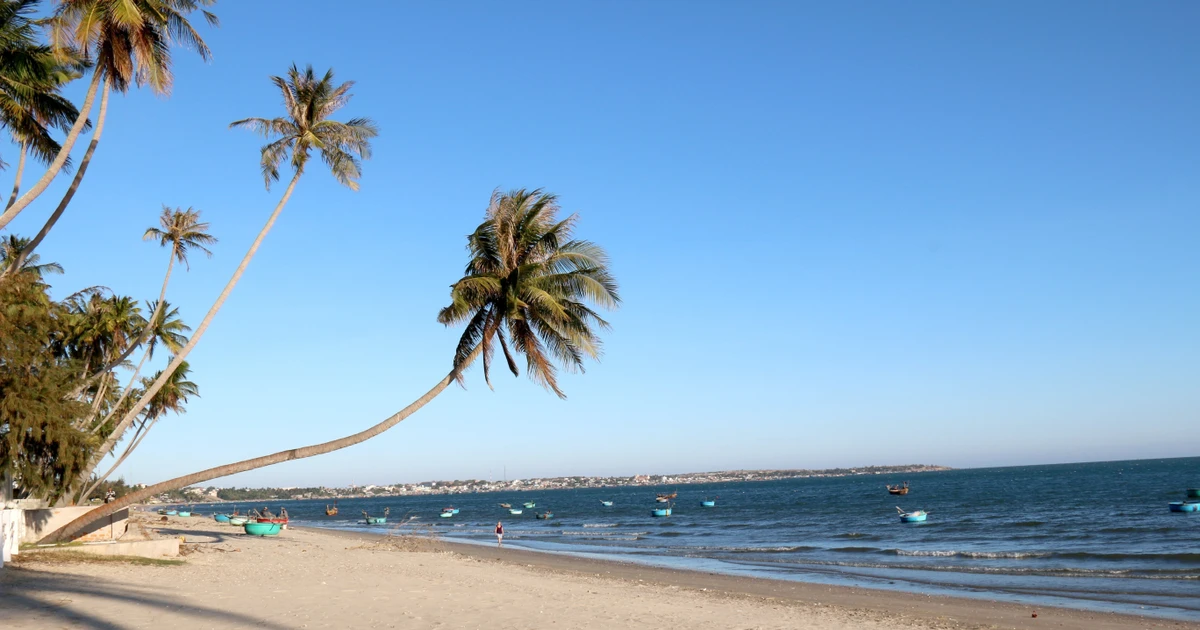The industry and trade, and agricultural and rural development sectors have been tasked with developing specialised cultivation areas for producing high-quality OCOP products, and establishing craft villages for tourism.
Hanoi’s historical sites have welcomed over 1.3 million visitors so far this year, earning 70.4 billion VND (nearly 2.8 million USD), reaching 93.9% of the plan set for the year.
A series of art performance programmes have been held to serve political and diplomatic tasks, attracting over 270,000 audiences, and raking in over 24 billion VND.
The Hanoi Museum, where various exhibitions have been held, served 39,700 visitors in the first four months of 2024.
Thanks to various innovative forms for promoting tourism, the number of tourist arrivals to the capital city has significantly increased in the last four months, reaching over 157,000 foreign visitors and 571,000 domestic ones, up 59.8% and 19.1%, respectively.
To attract more visitors, the Hanoi tourism sector is developing products associated with heritage, relic sites, and craft villages, and others based on the strengths of each locality, like sports tourism in the outlying district of Soc Son, and community and medical tourism in Soc Son and Ba Vi districts.
The city has also set up connectivity with other cities and provinces such as Ha Nam, Ninh Binh, Son La, Lao Cai, and Lai Chau to form travel routes where their key, reciprocal products are brought into full play.
Attention has also been paid to tourism digitalisation, covering information about tourist sites, services, and markets.
